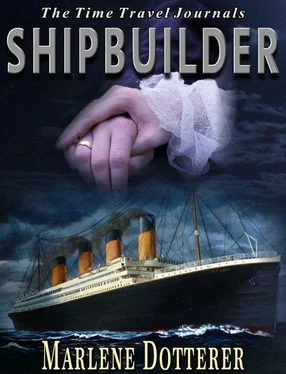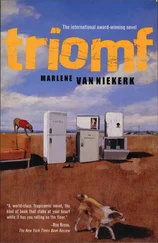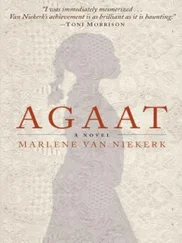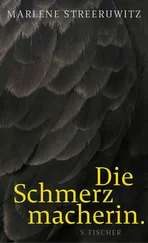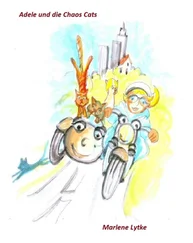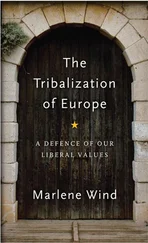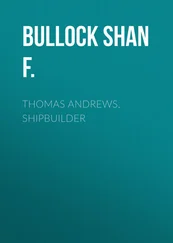Indeed, the laugh heard from the other room could belong to no one else. Mr. Andrews could be heard commenting on a drawing and answering questions as he neared the office. Casey turned, certain they would be able to see her heart beating in her chest, it was pounding so hard. He spotted her immediately, and the laugh returned as he shook her hand with delight, noting that she was on time and had already met Ham. He wore a bowler hat on his head and a blue coat over his suit, every pocket of which was stuffed with paper and pencils.
She felt the tension in her chest ease just a bit, as he proceeded to talk about the plans for the day, unloading his pockets into neat piles on his desk, then refilling the pockets with other papers while telling Casey to just trail along with Ham, learn his way around, and help as needed. He exhorted Ham to “show Casey everything” and to get a good idea of what Casey knew how to do.
“He can read, write, and do arithmetic, but go easy on the algebra,” was the instruction given with a great laugh and a slap on Casey’s shoulder, as Mr. Andrews darted off to talk to the riveters on his way to his next meeting. By the time he left, Casey was grinning, and she noticed it was infectious: the grin had spread to Ham and the men at the drawing tables as well.
Later, as she reflected on the day, Casey was pretty sure those few minutes in the office were the last time she stood in one place. Ham did indeed “show her everything,” moving at top speed through the cavernous buildings and shipyard. Once they were out in the yard, the source of the banging was immediately apparent. Ham stopped to let her watch for a few minutes, explaining with noticeable pride what she was seeing. Men were swarming over the ships in various states of construction, with a lot of them lined up in teams next to the ships. Each team was placing a red hot piece of metal—Ham called it a rivet—in one of many holes in a huge metal plate and then ramming it home with a hydraulic hammer. Workers above the men were heating up and hammering the next rivet into shape and dropping it down to be caught by an extremely brave lad who hoisted it to the hammering team. They worked in a quick and rhythmic pattern, never slowing or pausing to rest. As they continued on their tour, Ham told her the riveters were like the gods of the yard. They had the respect and admiration of every worker in every department.
Part of Ham’s job was to collect orders and schedules from each department. This would be Casey’s biggest responsibility, because if Ham could eliminate the running around from his own duties, he’d be free to get to those duties left hanging. It meant that Casey was going to have to quickly learn her way around, and how to find the correct person in each department from whom to collect the paperwork.
It’s just too bad, it occurred to Casey a few minutes later, that I don’t know all about the future. I would’ve figured out a way to avoid this conversation.
The problem had started when Ham brought her into the plating department and hailed the foreman, a tall, lanky man with greasy hair and a handlebar moustache. His name was Mike Sloan and he’d taken a full half-minute to carefully look Casey over, his expression suspicious and haughty. He was the first person she’d met whose greeting was not a welcome.
“American?” was his disbelieving comment when Ham introduced her. “Seems like everyone in Ireland is tryin’ to go to America. Why are ye here?”
Casey wanted to glance at Ham for reassurance, but instead, she matched Sloan’s glare with a firm expression and a lifted chin. “Came to live with my guardian when my parents died.” She didn’t offer more information.
His stare was intense. “Are ye Catholic or Protestant, Casey?”
Her jaw dropped and “What?” escaped her before she could remember that his question, while confrontational and troublesome, was normal for this time and place.
Ham coughed into his hand, and Sloan’s eyebrows climbed up his forehead as Casey snapped her jaw shut. “’Tis an easy question, lad,” Sloan told her, his voice slightly milder.
She glared. “Protestant,” she admitted, wondering what he’d say if she said “atheist, “ which was closer to the truth. But she’d been in Ireland long enough to know the response to that, even in the twenty-first century: “ Aye, but are ye Catholic Atheist or Protestant Atheist? ”
“Protestant” must have been the right answer, as Sloan’s expression morphed into one of agreeableness, and he clapped Casey on the shoulder. “Good ta meet ye, lad! Ye might be wantin’ to come to one of our meetin’s at lunch time, here in the plater’s shed. Meet more of the men that way.”
For some reason, it sounded ominous. “What kind of meeting?”
“E-van-gel-ical meetin’,” Sloan stood straight and proud as he said it, reminding her uncomfortably of a TV evangelist. “Read some scripture, pray a bit, talk about things.”
Casey felt her face twitch, but she tried to sound calm. “Ah. I probably won’t be interested, but thank you for inviting me.” She glanced at Ham, who was standing unhelpfully silent at her side. “So I see Mr. Sloan to collect the plater reports?”
Ham pushed his glasses higher on his long nose and nodded. “Aye, he’ll be the one.” His tone gave Casey no hint to what he was thinking or what was expected of her, but he gave Sloan a curt nod. “Thank ye, Mike. I’ll be sending Casey around on his own in a couple of days.”
Sloan gave a wave of his arm and stepped back to his work as Ham turned to go. Casey hurried after him, uncertain if she should say anything.
After a few seconds, he glanced at her, looking apologetic. “Don’t worry about the meetings. He’ll probably ask ye a few more times, but most of the men don’t attend. Mr. Andrews would never make anything like that mandatory.”
Casey stopped, feeling sick to her stomach. “Does Mr. Andrews attend those meetings?” If she sounded incredulous, it couldn’t be helped. The thought of that kind and happy man thinking of ways to discriminate against Catholics was more than she could comprehend. But Ham shook his head.
“Lord Pirrie—he’s Chairman of the company—tolerates ’em in the interest of worker contentment. So Mr. Andrews tolerates ’em, too. He shows up once in a while to keep a gauge on the temper of the men. If there’s going to be trouble in the yard, it usually starts there.” He tilted his head, blinking owlishly at her. “Mr. Andrews would also never tell ye that ye couldn’t attend the meetings if ye wanted to. But he’ll be happy to know ye don’t want trouble.”
Casey shrugged. “We’ll never be perfect in America, but I’m more used to religious differences being under the radar. I think it’s such a waste to spend time fighting with each other over it.”
Ham stopped, his look puzzled. “Under the radar? What are ye on about?”
“Oh.” Casey bit her lip. Idiot! Radar hasn’t even been invented yet! “Just something a friend used to say. It means underneath the surface; can’t be seen.”
He accepted the explanation, but she saw him mouthing the words “under the radar” as he led her to the next department.
~~~
Sloan extended his invitation twice more over the next week, whenever Casey showed up when work was at a moderate pace. Both times, she managed an evasive “no thanks.” Nervous about the temper of Belfast during this time, Casey wanted to discuss it with Sam, but his illness was worse and she didn’t want to worry him. So she was left to deal with it herself, and she was pretty sure that her final solution, later in the week, was not well thought out.
The horn for lunch had rung as Casey finished following Tom Andrews and Ham around on a ship called Adriatic , while a Board of Trade inspector conducted a review. The inspector had just left, and they ran into Sloan as they descended the gangplank.
Читать дальше
